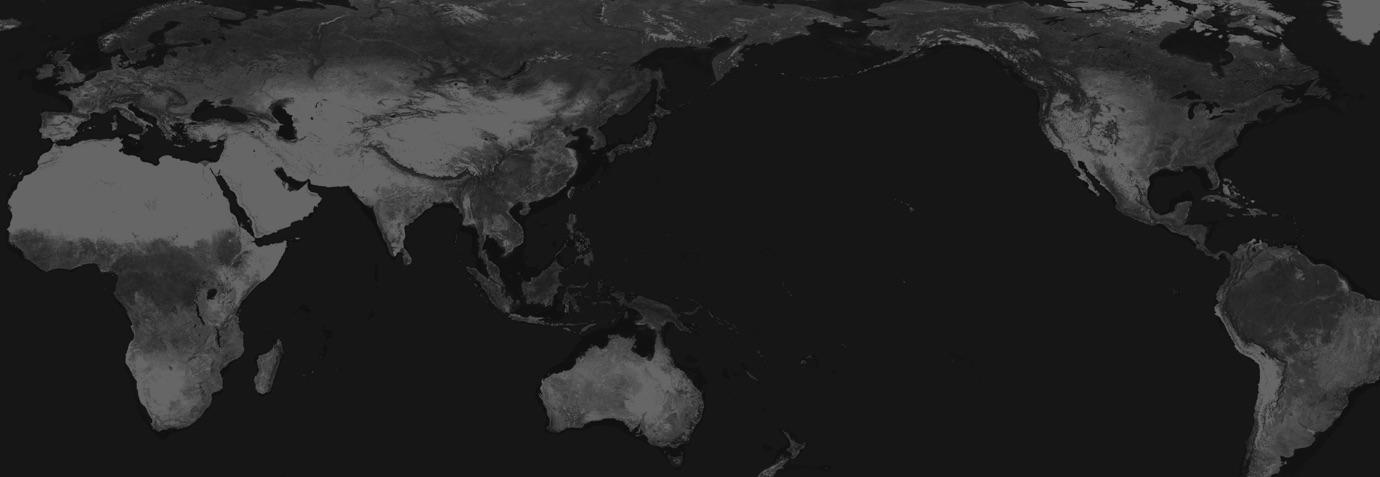Outbreaks of dengue fever are fairly common. Some people who get infected do not show any symptoms, but those that do become ill 4–7 days after the bite, and have flu-like symptoms including intermittent high fever, severe headache, muscle, joint and bone pain, and a skin rash with red spots. In some cases, the illness may progress to dengue haemorrhagic fever, a very serious condition that can be fatal.
If you travel to New Caledonia you should avoid being bitten by mosquitoes by protecting yourself with insect repellent, wearing clothing that covers your arms and legs, and staying in accommodation that has working door and window screens.

